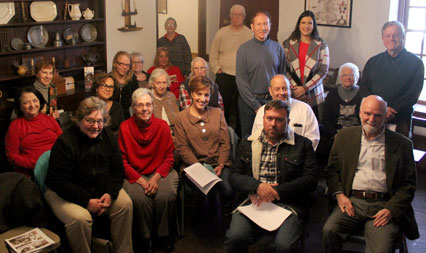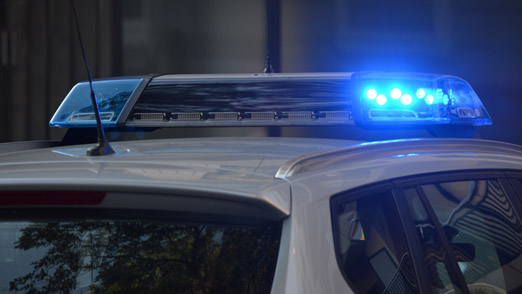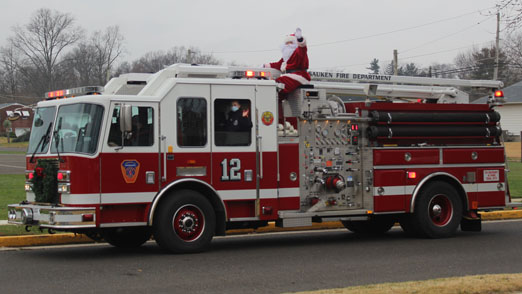By Frank Sinatra, AAP Editor
Yesterday, the Pennsauken Historical Society held its annual meeting at the town’s historic Griffith Morgan House, both to hold elections of the organization’s officers and to hear from a special guest speaker.
Prior to the start of the official proceedings, members had an opportunity to view the findings of Mike Burns, who has used a metal detector along the property of the Burrough-Dover House. Also Mr. Mayfield from the 2020 U.S. Census was on hand to discuss the opportunities available, as the Census Bureau is looking to hire as many as 3,000 part-time workers.

Several officers were elected to serve for two year terms, with other members being appointed to various roles: Robert Fisher-Hughes, president; Michael McKenna, vice president; Genevieve Lumia, secretary; Janet Fisher-Hughes, treasurer, and Mayra Alonzo, membership chair; Maryann Carney, curator; Theodore Breisacher, head of building and grounds; LuAnn Hill, volunteer chair, as well as historian and archivist; and Nicole Kuehne, publicity chair. Also, John and Joan Weber, as well as George Martin, were appointed as directors at large.
Robert Fisher-Hughes presented a plaque to John Weber, recognizing him as president emeritus of the Pennsauken Historical Society, for his many years of service to the organization. Weber expressed his sincere appreciation for the gesture, noting that helping promote Pennsauken’s rich history is something he truly values.
Many years ago, Lew Gorman explored the Griffith Morgan House with his father, back when the home was abandoned and long before members of the Pennsauken community restored the structure. He presented the Pennsauken Historical Society with a very unique item: a fake brick that was once a part of the Griffith Morgan House’s hearth; it was used to hide a key, which was still attached to the back of the “brick” by a nail. The organization thanked Lew and his family for safeguarding the item and promised to proudly display it with the rest of the home’s memorabilia.
Members enjoyed a highly engaging presentation from Richard Keiser, Ph.D., a retired instructor from the Community College of Philadelphia, who spoke on the topic of women’s suffrage. Dr. Keiser spoke of how progressive New Jersey initially was in this cause. In 1776, New Jersey’s state constitution gave the vote to unmarried women who own more than $250 worth of property; and in 1790, the state enfranchised all adult women. Unfortunately, following the trend of other states in the union, New Jersey rescinds female suffrage. In the many years that followed, a series of advances, setbacks, conflicts, and growing public pressure led to the 19th Amendment to the Constitution is adopted in August 26, 1920.
Volunteers are needed to help make Pennsauken’s history come alive through the efforts and activities of the Pennsauken Historical Society. To learn about becoming a member, call (856) 486-9561 and leave a message or e-mail pennsaukenhistoricalsociety@gmail.com.

